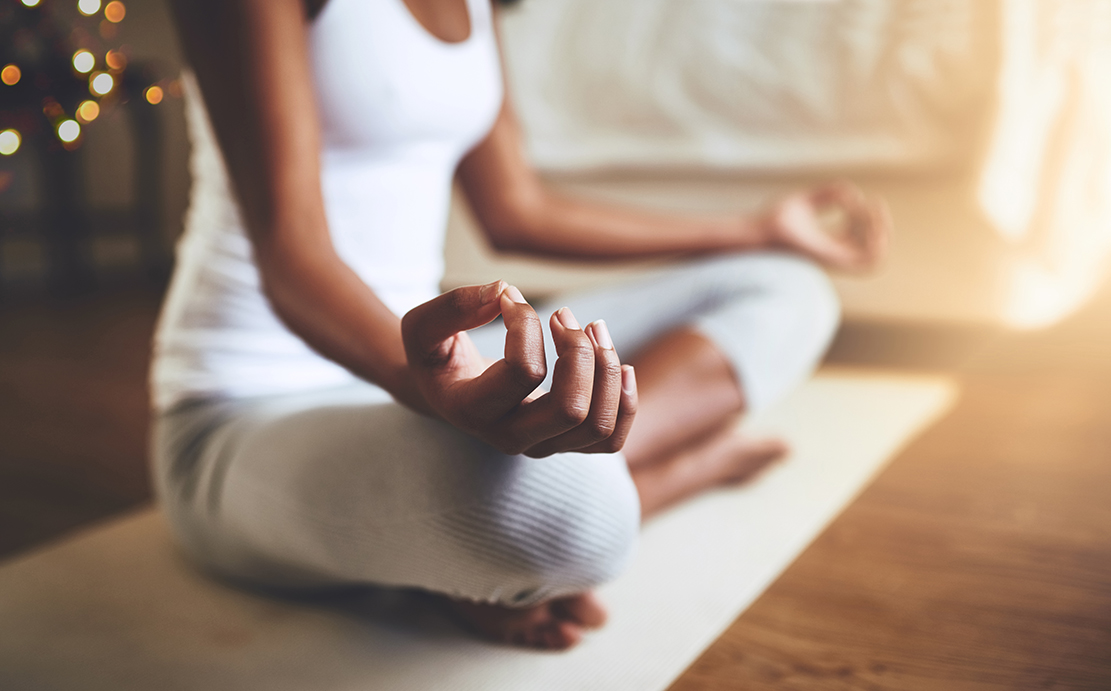If you want to live a more fulfilling and satisfying life, it pays to strengthen your mental health. The stronger the pillars of your mind are, the better able you are to live the life you truly want.
A healthy mind takes action, unhindered by fear, confusion or distractions. And it keeps working when things get tough.
Your mind is the product of your entire lifestyle (and, I suppose, the reverse is also true). Looking after it is like looking after your body. You’ll want to live right, eat right and sleep right. Your mind needs social contact, interesting puzzles and physical movement to stay at its best.
Looking after yourself draws on every aspect of your life. So meditation is not the whole answer, though it’s certainly part of it.
Q: How does meditation improve your mental health?
Firstly, nothing I say here should be construed as medical advice. Only a licenced professional who has, you know, spoken to you would be qualified for that.
But, for most people, meditation is great training for your mind’s health. Just like physical exercise keeps your body strong, meditation develops key mental skills. Focusing on the present moment keeps you from dwelling on the past or worrying about the future. Accepting what you experience reduces the sting from any negative emotion.
You don’t lift weights to get good at lifting weights. You do it to become strong in your everyday life. Meditation is the same.
Some quiet time also allows your unconscious mind to work through any issues behind the scenes. When you meditate long enough, you’ll have days where you come out of it feeling great. You won’t know what resolved, but you’ll know something did.
That makes you stronger for whatever happens next.
Q: How much should I meditate each week?
If you’ve never started before, take it slow. Maybe you want 10 minutes a day, three days a week.
You want to build that up. Most people find it better (and easier) when they do 20 minutes every day. That’s what I do, at least.
Then sometimes I will meditate twice in a day or have a longer session (about an hour).
Whether that’s right for you is up to you. I encourage you to try longer sessions, though.
Q: Does meditation help with more serious mental health issues?
It can. There’s a lot of evidence that meditation is great for things like anxiety, stress and trauma – even PTSD. For serious conditions, I recommend seeking guidance – at the minimum, talk to your doctor. You probably want a good meditation coach too.
Meditation generally isn’t recommended for people who hallucinate or have split personalities.
Q: I have something I want to work through but meditation isn’t helping. Any thoughts?
Give it time.
If that doesn’t help, learn self-hypnosis. It teaches you to get to the symbolic essence of your issues and resolve them.






